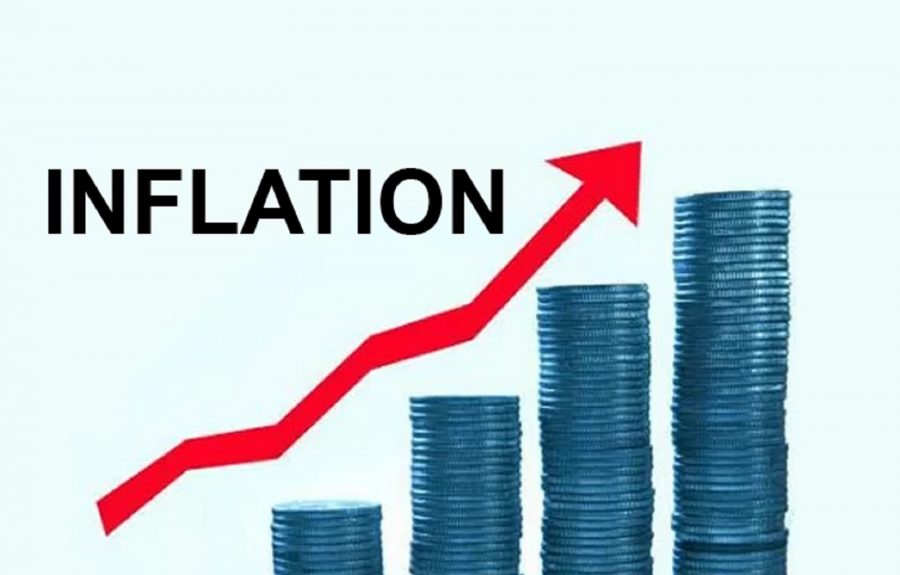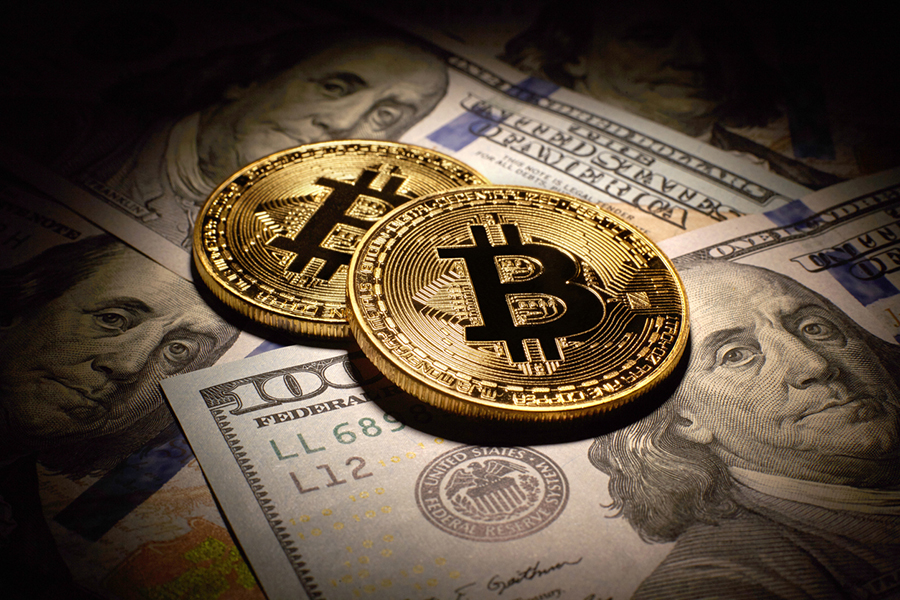Nigeria’s inflation has been on a steady rise. Reports released by the National Bureau of Statistics today, revealed that consumer prices increased by 12.4% year-on-year, even higher than the rate reported in the month of April, 12.3%.
This growth represents the highest in over two years, and while this is not entirely surprising as a result of the Covid-19 pandemic, another country is experiencing a completely different outcome.
Earlier today as well, in the UK, the Office for National Statistics (ONS) announced a four-year low in inflation as a result of the crash in fuel prices. Inflation rate fell as low as 0.5% also in May, even lower than the 0.8% it recorded in April, the first full month of the pandemic lockdown.
This was also a record low since June 2016, moving further away from the British government 2% target.
READ MORE: Copper hits six months high, Industrial demand spur bullish run
Same Covid-19 pandemic, but different Inflation Problems
Nigeria’s prices stay rising as clashes between herders and farmers further worsen insecurity whilst inter-state travel stay disrupted owing to the coronavirus pandemic.
More so, as a result of the increase in the cost of food brought about by food inflation which quickened to 15.04%, the highest rate since March 2018, an import-dependent Nigeria is exposed to inflationary uptrend.
The problem with inflation getting to high is that it erodes income, reduces the value of the naira, and reduces returns on debt instruments domiciled in the naira.
However, just the same way Nigeria is worried about the current rate of inflation reaching new highs, the UK is experiencing a different kind of problem as it heads towards deflationary levels.
READ MORE: Analysis: NNPC and its refining losses
This, of course, is another dangerous position because deflation contributes to lower economic growth as falling prices typically discourage spending with consumers delaying their purchases to later periods where prices are expected to be lower.
This goes to show that extreme levels of inflation, whether very low or very high, has a negative impact on economic growth and could be as dangerous.
READ ALSO: Covid-19: Nigerian government explains how it will fund proposed N2.3 trillion stimulus
What is inflation?
Inflation is the rate at which the prices for goods and services increase.
It’s one of the key measures of financial wellbeing because it affects what consumers can buy for their money. If there is inflation, money doesn’t go as far.
It’s expressed as a percentage increase or decrease in prices over time. For example, if the inflation rate for the cost of a litre of petrol is 2% a year, motorists need to spend 2% more at the pump than 12 months earlier.
And if wages don’t keep up with inflation, purchasing power and the standard of living fall.














